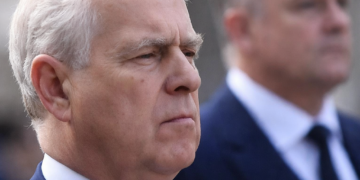The Association of Community Pharmacists of Nigeria (ACPN) has locked horns with the Minister of State for Health and Social Welfare, Dr. Tunji Alausa, over a recent ban on the importation of syringes and needles into the country.

Why It Matters
The ACPN emphasizes the importance of competition in driving quality and affordability within the pharmaceutical sector. While they advocate for supporting local manufacturing, they believe the Minister’s heavy-handed approach is detrimental and ultimately counterproductive
The ACPN views this move with deep suspicion. They raise several critical points:
- Potential Monopoly and Stock-outs: Restricting procurement to a limited number of local manufacturers creates a monopoly, potentially leading to supply chain disruptions and price hikes.
- Undermining Efforts Against Open Drug Market: The ban contradicts ongoing efforts to eradicate the illegal open drug market, where substandard and potentially dangerous medical supplies are readily available. Ironically, the Minister’s directive could inadvertently reinforce this problematic system.
- Questionable Rationale: The Minister claims the ban aims to protect local manufacturers struggling against an influx of substandard foreign goods. However, the ACPN questions why such substandard products could enter the market in the first place, given the presence of regulatory bodies at designated ports.
The ACPN emphasizes the importance of competition in driving quality and affordability within the pharmaceutical sector. While they advocate for supporting local manufacturing, they believe the Minister’s heavy-handed approach is detrimental and ultimately counterproductive.
What They Are Saying
In a strongly worded letter to President Bola Tinubu, the ACPN argues that the ban, implemented through a ministerial circular, is ill-conceived and carries significant risks. They claim it will create a monopoly, lead to stock-outs, and ultimately undermine years of effort to combat the illegal open drug market in Nigeria.
The Minister’s circular mandates all federal tertiary hospitals to source their syringes exclusively from a handful of NAFDAC-approved local manufacturers. It further instructs NAFDAC to cease issuing import licenses and delist companies involved in foreign syringe imports.
They urge President Tinubu to intervene and nullify the ban, arguing that it represents an “unlawful and vengeful” overreach by the Minister and a missed opportunity to leverage the expertise of pharmacists in shaping sound policy decisions within the healthcare sector.
Bottom Line
This controversy highlights a clash between promoting domestic production and safeguarding public health through a well-regulated market. The outcome of this dispute will have significant implications for the availability and affordability of essential medical supplies in Nigeria.

















